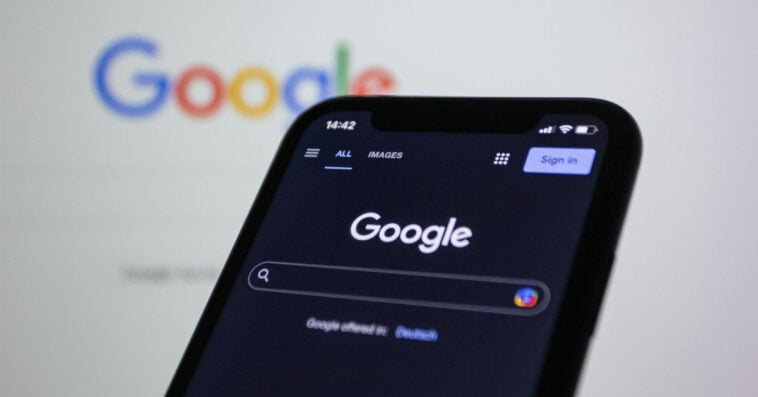In a landmark verdict last week, a California jury ordered Google to pay $314 million after finding that the tech giant had misled Android users, covertly collecting personal data in the background, even when phones were idle or “data‑off” settings appeared to be enabled.
The Class Action That Exposed Google’s Secret Android Data Collection
The case stems from a class action lawsuit filed in 2019, representing around 14 million Android users in California. It alleged that since 2016, Google had been gathering user information—largely for advertising and analytics purposes—without proper consent. According to the suit, the data transfers continued even when devices weren’t in active use, quietly consuming mobile data through background processes users thought they had disabled.
Those eligible to receive compensation include California residents who owned a Google-licensed Android device between August 9, 2016, and the present, as detailed on the class action website.
“The evidence at trial revealed that Google secretly collects a massive amount of information from Android smartphones, and needlessly consumes Android owners’ cellular data without their consent to do so,” said Glenn Summers, one of the attorneys representing the plaintiffs. “The evidence also revealed that for many years Google has known that Android settings which purport to allow users to turn off background mobile data usage are largely illusory and do not stop the transfers.”
He added that the jury’s decision “sends a loud message to Google that it must actually honor its commitment to respect user choice and not just pay lip service to it,” according to Law360.
Google, however, defended its practices during the trial, saying users had agreed to data collection through the platform’s terms of service. The company maintains that no harm resulted from the data transmissions. In a statement to Reuters, Google said it plans to appeal, arguing the ruling “misunderstands services that are critical to the security, performance, and reliability of Android devices.”
Google Faces Larger Trial in 2026 Over Nationwide Android Data Claims
While the recent $314 million verdict marks a major win for Android users in California, Google’s legal troubles are far from over. A separate, nationwide class action lawsuit has been filed in federal court in San Jose, targeting the same alleged misconduct—but this time on behalf of Android users across the rest of the United States. The federal case accuses Google of covertly collecting user data and consuming mobile data in the background, even when phones were idle or users believed they had disabled such transfers. Much like the California suit, it claims these actions violated user privacy and depleted cellular data without consent.
This broader case is currently scheduled to go to trial in April 2026 and could expose Google to billions more in damages. While the California lawsuit covers around 14 million residents, the national class action could potentially impact tens of millions of Android users. Legal analysts suggest the California ruling may set a precedent for the upcoming federal trial, influencing how courts interpret background data transfers and user rights over mobile data. Depending on the outcome, the 2026 case could mark one of the most significant privacy-related verdicts in U.S. tech industry history.
Google Settles Separate $100M Advertiser Lawsuit Over Misplaced Ads
The Android data cases aren’t the only legal headaches Google has faced in recent years. Earlier this year, the company agreed to pay $100 million to resolve a separate class action lawsuit—this time brought by advertisers who claimed Google’s ad platform failed to honor key targeting settings.
The case, filed in 2011 and stretching over 14 years, alleged that Google Ads—formerly known as Google AdWords—breached its own contracts by displaying ads outside of the geographic locations advertisers had specifically selected. This misplacement, plaintiffs argued, led to wasted ad spend and violated the terms of service between Google and its advertising clients.
The settlement applies to businesses and individuals who used Google Ads between 2004 and 2012, according to Reuters. Despite agreeing to the payout, Google denied any wrongdoing. “This case was about ad product features we changed over a decade ago,” a company spokesperson told The Verge. “We’re pleased it’s resolved.”
While unrelated to the Android privacy lawsuits, the advertiser case highlights a broader pattern of legal scrutiny around Google’s handling of user and client data, both in its consumer services and advertising technologies.
Source: The Sun, Cellular Data Class Action

